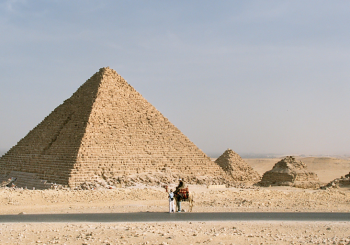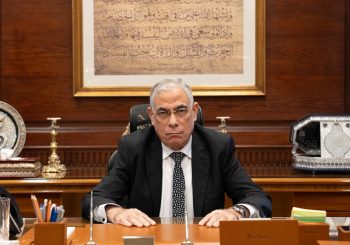A new report released by the Middle East Solar Industry Association (MESIA) predicts that the Middle East will tender as much as 2,020 megawatts (MW) of solar energy projects over the course of 2016.
As the region’s energy market is expected to be further stimulated this year due to the sharply decreased oil and gas prices, the report claims “2016 will be characterized by increasingly lower levelized costs of solar electricity.”
Consequently, most Middle East countries will develop their renewable energy capacities simply because it increasingly makes economic sense.
2015 is described as a “groundbreaking year for solar in the Middle East” and a “tipping point for solar” in the Arabian Peninsula due to the record-low costs of electricity generation in large-scale “PV power plants,” or solar parks.
Investments in solar projects across the Middle East region grew from around USD 160 million in 2010 to approximately USD 3.5 billion in 2015, a number that is expected to grow even further this year.
MESIA predicts that these low costs will “rapidly change the perception of policymaker and industry leaders” when it comes to solar technology and it sees the Middle East as having great potential in the renewable energy field in the future.
The report points to the United Arab Emirates (UAE) as having emerged as a “key solar market” in the last few years and is predicted to continue being in the lead throughout 2016.
Saudi Arabia, on the other hand, has been slow in developing its solar energy capacity, which has affected the kingdom’s overall energy economics negatively. Despite the delay, the report points out that 2016 will see the country develop more hybrid conventional/solar power plants.
On its part, Egypt is expected to expand its solar and wind energy generation as the country has announced its plans to increase its share of renewable energy capacity to 20 percent by 2022.
The report highlights Egypt as a good example that shows that it is possible to develop a solar market from scratch in a short amount of time. The country’s current 2,3 GW solar program has attracted “a tremendously positive response from investors, and will se the first large-scale solar power plants being built this year.”







Comments (0)